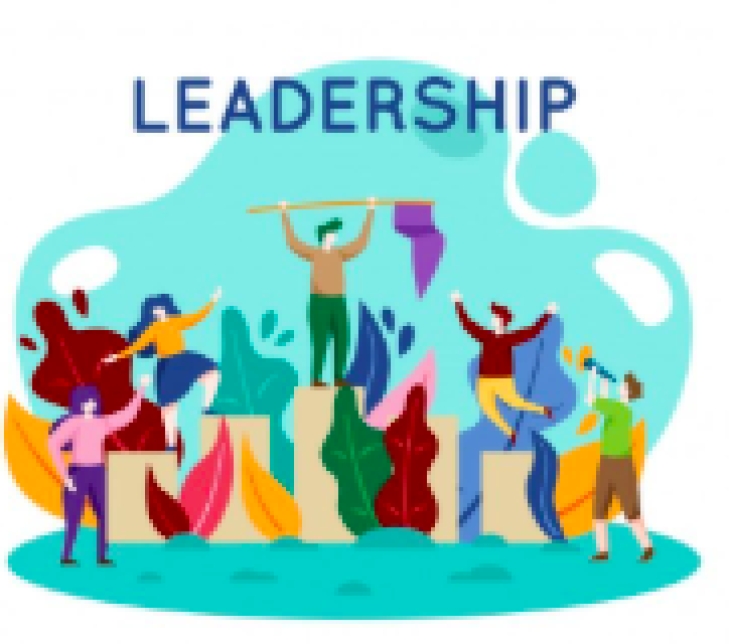Warning: Attempt to read property "params" on null in /home/notinhal/public_html/plugins/k2/k2canonical/k2canonical.php on line 382
The Key to Effective Leadership Assessments
Identifying and developing future leaders is essential for any organisation striving to thrive in a competitive environment. Leadership assessments, such as those provided by Hogan Assessments, offer invaluable insights into an individual’s leadership potential, current capabilities, and areas for growth. By using these tools, organisations can make informed decisions about leadership development and prepare their teams to succeed.
Leadership assessments benefit not only organisations but also the individuals undergoing them. They provide a platform for self-awareness, helping leaders understand their strengths, address their weaknesses, and set a clear path for professional development. To maximise their effectiveness, leadership assessments must be carefully designed, aligned with organisational goals, and administered thoughtfully.
Awair’s expertise in training and coaching on the Hogan Assessments suite ensures businesses can fully leverage these tools for identifying and nurturing future leaders.
Key Elements of Successful Leadership Assessments
Effective leadership assessments require a comprehensive approach. To ensure success, consider these critical elements:
Clear Objectives
Define what you aim to achieve through the assessment. Are you evaluating overall leadership potential, specific competencies, or readiness for a leadership role? Having clear goals ensures the process remains focused and delivers actionable insights.
Alignment with Organisational Goals
Assessments should align with your company’s mission, values, and strategic objectives. This ensures the leaders you identify and develop are equipped to drive the organisation forward while upholding its core principles.
Multiple Data Sources
Comprehensive assessments combine self-reporting with external observations. Hogan Assessments, for example, encourage self-awareness while integrating feedback from colleagues to provide a well-rounded view of leadership capabilities.
Focus on Behavioural Competencies
Evaluate the competencies essential for success in your organisation, such as communication, decision-making, adaptability, strategic thinking, and interpersonal skills.
Adaptability and Learning Styles
Assess a leader’s ability to adapt to change and their openness to learning. Effective leaders continuously seek development opportunities and are receptive to new ideas.
Ethics and Values
Leaders must exemplify ethical behaviour aligned with the organisation’s values. Assess their integrity and ability to foster a positive, inclusive workplace culture.
Results Orientation
Evaluate a leader’s ability to set goals, monitor progress, and adjust strategies to achieve outcomes. This ensures they can drive performance and motivate their teams effectively.
Constructive Feedback and Development
Feedback is a cornerstone of leadership development. Awair helps organisations deliver feedback constructively, empowering leaders to understand their strengths and address areas for improvement.
Cultural Fit
Assess a leader’s alignment with the organisation’s culture. Leaders who embrace and promote company culture can create a cohesive work environment and drive positive change.
Validity and Reliability
Ensure the assessment tools you use are accurate and consistent over time. This ensures the results provide a reliable basis for decision-making.
Continuous Improvement
Leadership assessments should be part of an ongoing development process. Regularly review and update assessment methods to reflect the evolving needs of your organisation.
Inclusivity
Design assessments that are fair and unbiased, considering diverse perspectives and backgrounds. Inclusive assessments promote equity and avoid stereotypes.
Communication and Transparency
Clearly communicate the purpose and process of assessments to participants. Transparency builds trust and fosters openness, enhancing the effectiveness of the evaluation.
Unlocking the Potential of Future Leaders
Awair empowers organisations to leverage the Hogan Assessments suite to identify and develop leadership talent. By focusing on key elements such as clear objectives, organisational alignment, and constructive feedback, businesses can ensure their leadership assessments are effective and actionable.
Self-awareness is at the heart of Hogan Assessments, encouraging leaders to reflect on their own competencies and growth areas. This introspection not only benefits individual leaders but also helps them recognise the potential in others, fostering a culture of continuous development.
The Role of Leadership Development Assessments
Leadership assessments are vital for ensuring the right people are in place to drive organisational success. They provide an unbiased evaluation of skills, abilities, and competencies, forming the foundation for sound decision-making in leadership development.
Hogan Assessments, with their proven methodology, enable organisations to unlock the potential of their employees. Managed correctly and combined with constructive feedback, these tools provide the insights needed to build strong leadership teams.
Partner with Awair to Develop Your Future Leaders
Awair provides expert training and consulting in administering and interpreting Hogan Assessments, ensuring your organisation maximises the value of these tools.
- Hogan Certification Workshops: Equip your team with the skills to administer and interpret assessments effectively.
- Custom Training: Tailored solutions to meet the unique needs of your organisation.
- Ongoing Support: Guidance to ensure continuous improvement in leadership assessment processes.
Contact Awair today to learn more about how our workshops can help your organisation identify and develop the leaders of tomorrow. With Awair and Hogan Assessments, you can build a leadership pipeline that drives success and growth.







